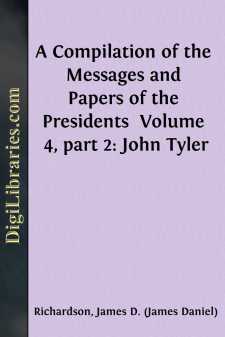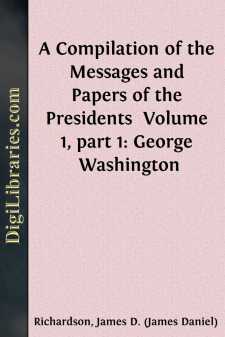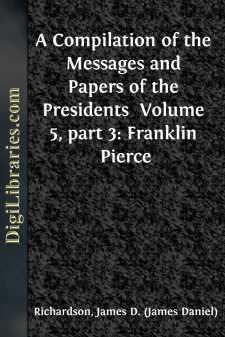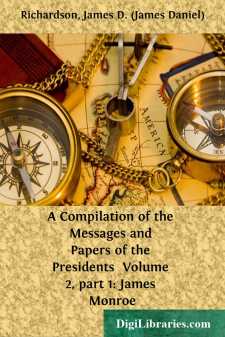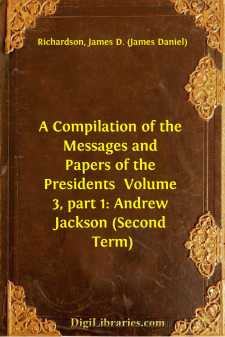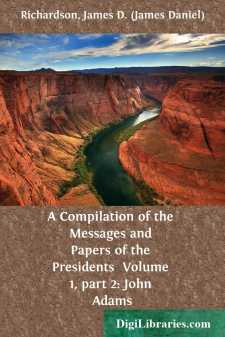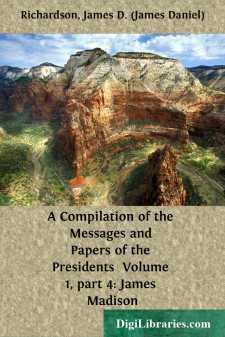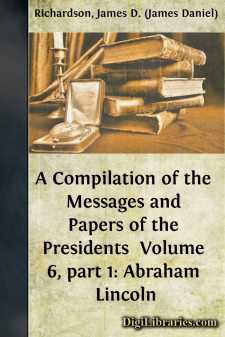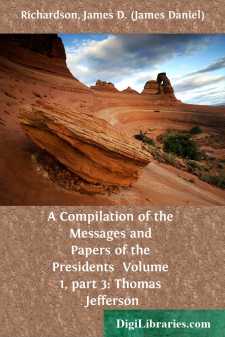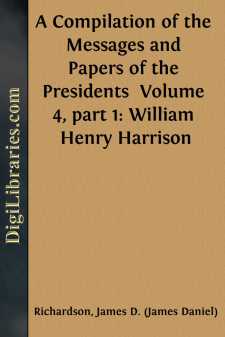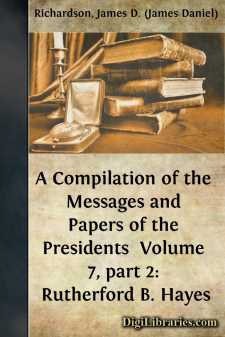Categories
- Antiques & Collectibles 13
- Architecture 36
- Art 48
- Bibles 22
- Biography & Autobiography 813
- Body, Mind & Spirit 141
- Business & Economics 28
- Children's Books 12
- Children's Fiction 9
- Computers 4
- Cooking 94
- Crafts & Hobbies 4
- Drama 346
- Education 46
- Family & Relationships 57
- Fiction 11826
- Games 19
- Gardening 17
- Health & Fitness 34
- History 1377
- House & Home 1
- Humor 147
- Juvenile Fiction 1873
- Juvenile Nonfiction 202
- Language Arts & Disciplines 88
- Law 16
- Literary Collections 686
- Literary Criticism 179
- Mathematics 13
- Medical 41
- Music 40
- Nature 179
- Non-Classifiable 1768
- Performing Arts 7
- Periodicals 1453
- Philosophy 64
- Photography 2
- Poetry 896
- Political Science 203
- Psychology 42
- Reference 154
- Religion 513
- Science 126
- Self-Help 83
- Social Science 81
- Sports & Recreation 34
- Study Aids 3
- Technology & Engineering 59
- Transportation 23
- Travel 463
- True Crime 29
A Compilation of the Messages and Papers of the Presidents Volume 4, part 2: John Tyler
Categories:
Description:
Excerpt
John Tyler
JOHN TYLER, second son of Judge John Tyler, governor of Virginia from 1808 to 1811, and Mary Armistead, was born at Greenway, Charles City County, Va., March 29, 1790. He was graduated at William and Mary College in 1807. At college he showed a strong interest in ancient history; was also fond of poetry and music, and was a skillful performer on the violin. In 1809 he was admitted to the bar, and had already begun to obtain a good practice when he was elected to the legislature. Took his seat in that body in December, 1811. Was here a firm supporter of Mr. Madison's Administration; and the war with Great Britain, which soon followed, afforded him an opportunity to become conspicuous as a forcible and persuasive orator. March 29, 1813, he married Letitia, daughter of Robert Christian, and a few weeks afterwards was called into the field at the head of a company of militia to take part in the defense of Richmond, threatened by the British. This military service lasted but a month. He was reelected to the legislature annually until, in November, 1816, he was chosen to fill a vacancy in the United States House of Representatives. Was reelected to the Fifteenth and Sixteenth Congresses. In 1821, his health being seriously impaired, he declined a reelection and retired to private life. In 1823 he was again elected to the Virginia legislature. Here he was a friend to the candidacy of William H. Crawford for the Presidency. In 1824 he was a candidate to fill a vacancy in the United States Senate, but was defeated. He opposed in 1825 the attempt to remove William and Mary College to Richmond, and was afterwards made successively rector and chancellor of the college, which prospered signally under his management. In December, 1825, he was chosen by the legislature to the governorship of Virginia, and in the following year was reelected by a unanimous vote. In December, 1826, the friends of Clay and Adams combined with the Democrats opposed to John Randolph and elected Mr. Tyler to the United States Senate. In February, 1830, after taking part in the Virginia convention for revising the State constitution, he returned to his seat in the Senate, and found himself first drawn toward Jackson by the veto message (May 27) upon the Maysville turnpike bill; supported Jackson in the Presidential election of 1832, but broke with the Administration on the question of the removal of the deposits from the United States Bank, and voted for Mr. Clay's resolution to censure the President. He was nominated by the State-rights Whigs for Vice-President in 1835, and at the election on November 8, 1836, received 47 electoral votes; but no candidate having a majority of electoral votes, the Senate elected Richard M. Johnson, of Kentucky. The legislature of Virginia having instructed the Senators from that State to vote for expunging the resolutions of censure upon President Jackson, Mr. Tyler refused to obey the instructions, resigned his seat, and returned home February 29, 1836....


